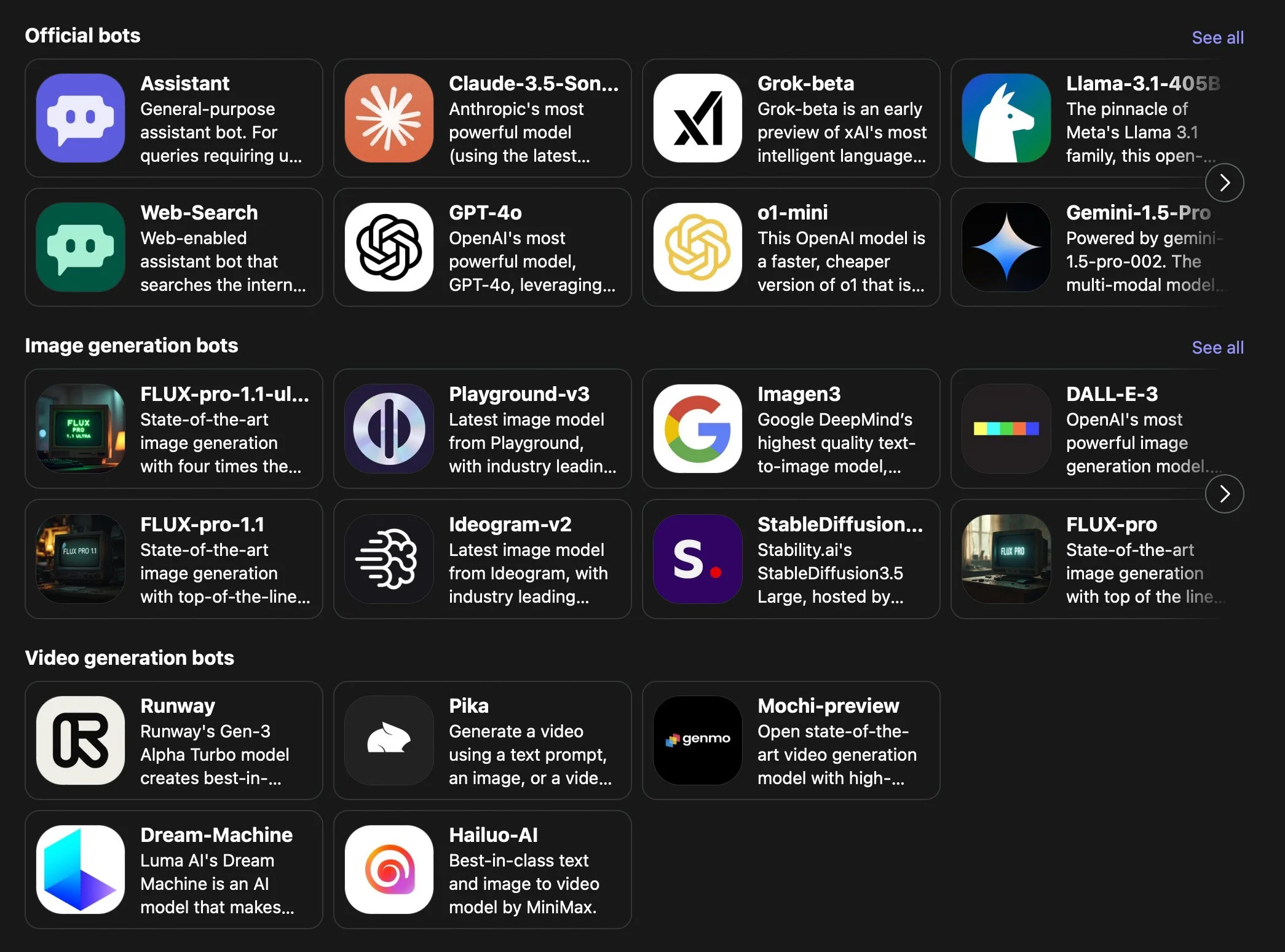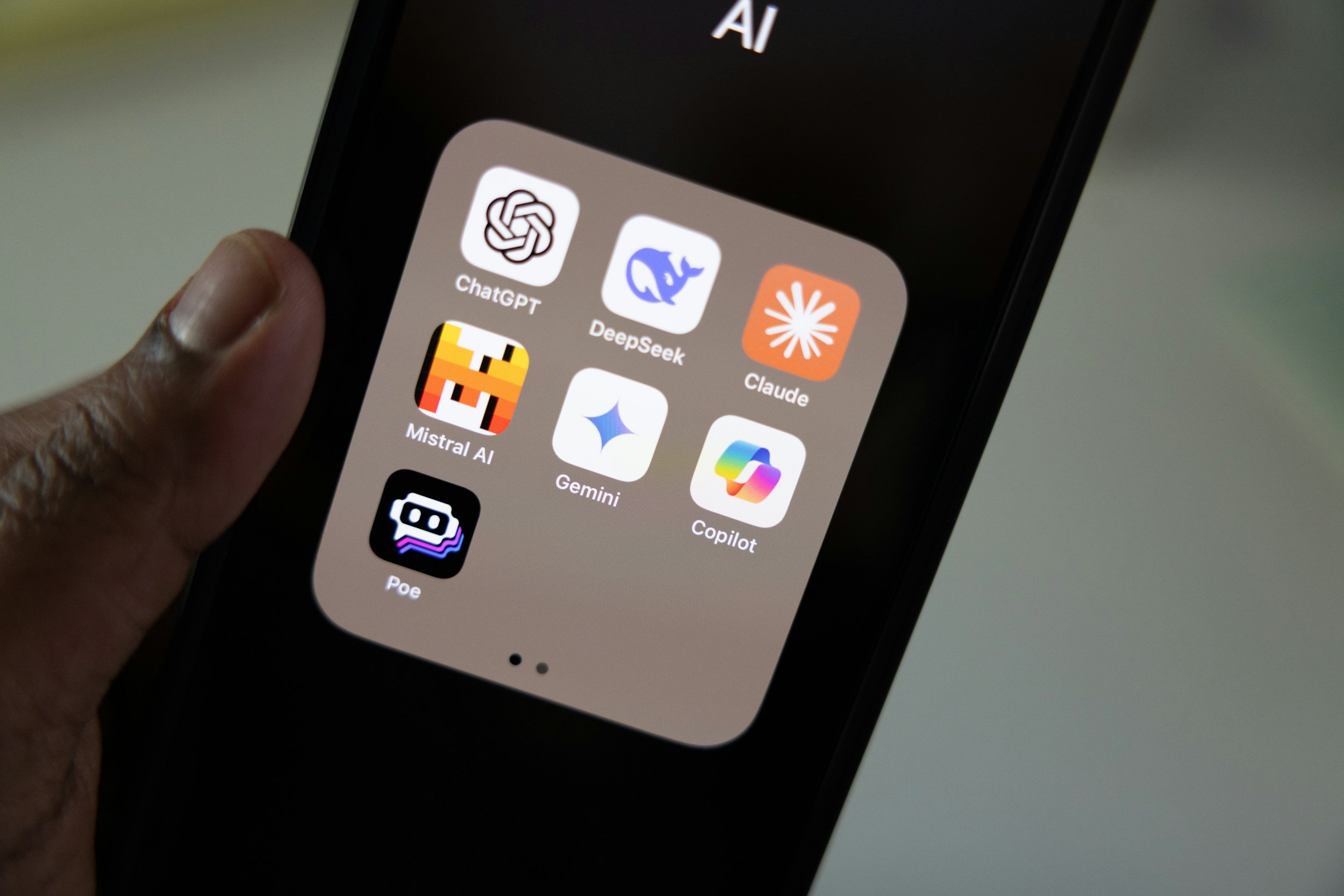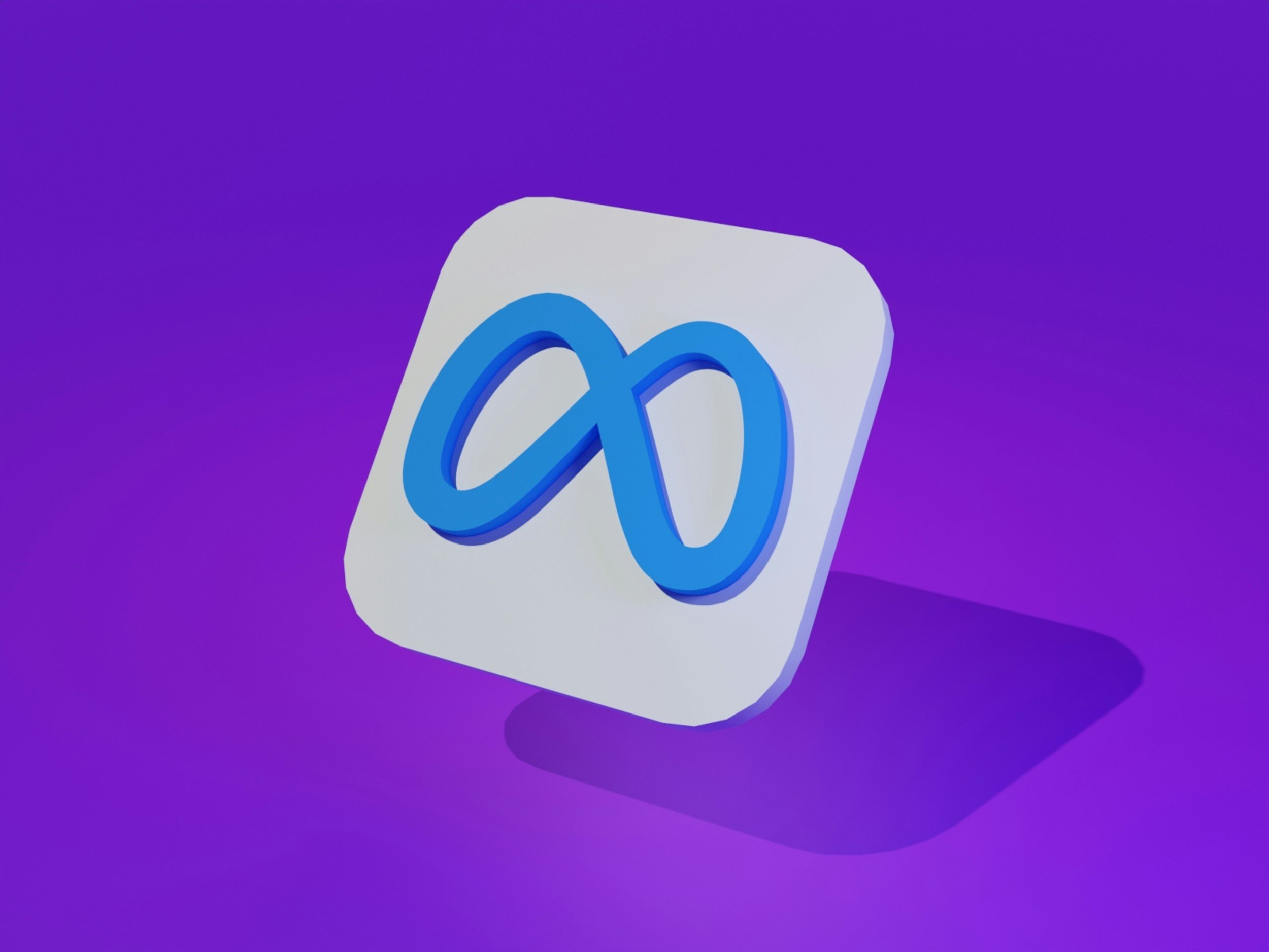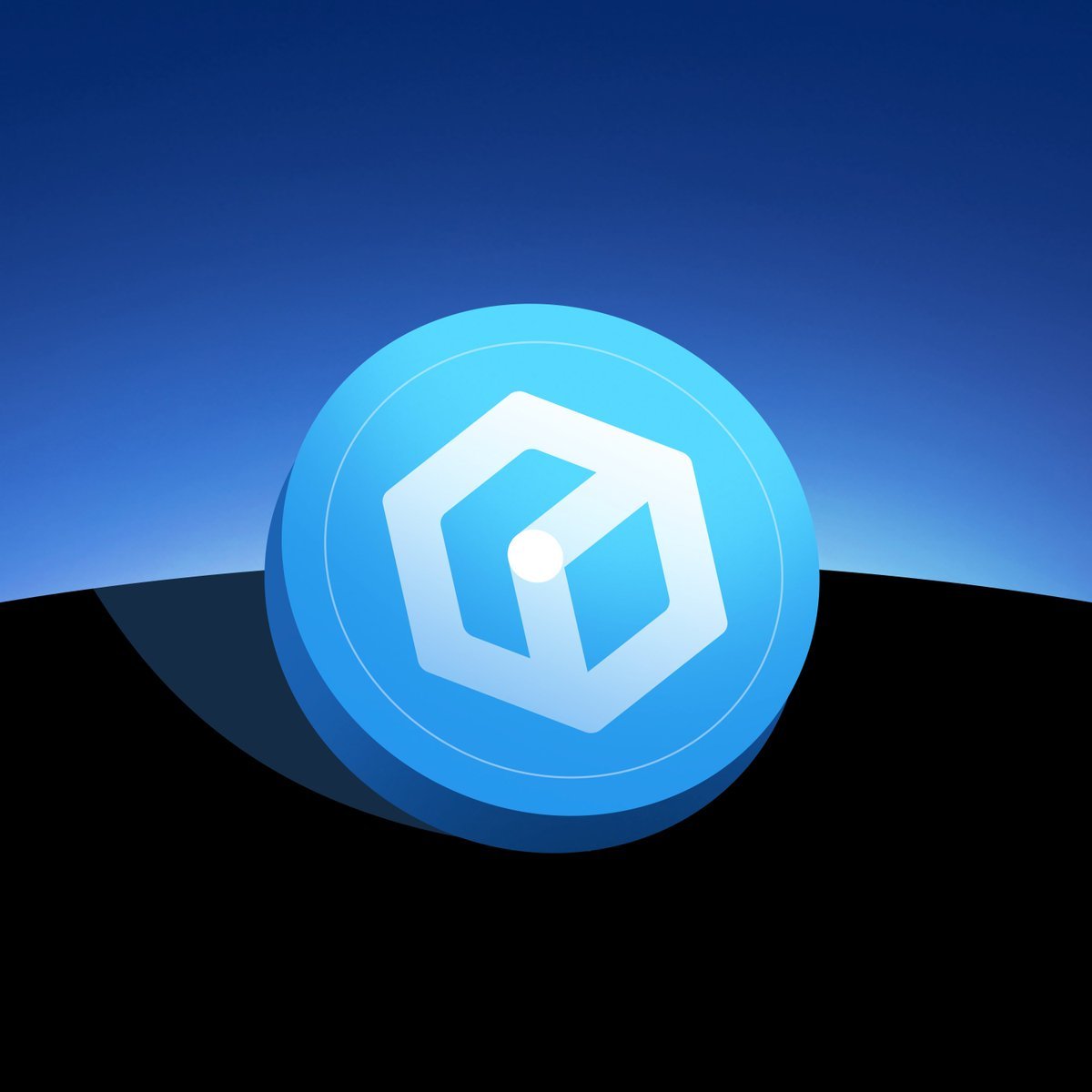Poe AI Launches New Subscription Plans to Broaden AI Accessibility
Image Source: POE
Poe AI has unveiled a suite of new subscription options aimed at making its premium AI bots more accessible to a wider audience. The company announced a more affordable plan priced at $9.99 per month plus tax, alongside upgraded options for users requiring higher computational resources. These plans grant access to premium bots from industry leaders like OpenAI, Anthropic, Google, xAI, and others.
[Read More: Poe AI: A Gateway to Multiple AI Chatbots]
Affordable Access with the $9.99/month Plan
The new $9.99/month subscription offers users 10,000 daily points, effectively halving the cost of the previous standard subscription. This plan enables subscribers to:
Access premium text, image, video, and audio bots.
Enjoy longer conversations and send more messages.
Upload larger files and generate more media content.
By lowering the financial barrier, Poe AI aims to attract a broader user base, including individuals and small businesses that may have found the previous pricing prohibitive.
[Read More: AI Breakthrough: OpenAI’s o1 Model Poised to Surpass Human Intelligence]
Upgraded Plans for Power Users
For existing subscribers and users with advanced needs, Poe AI introduced two upgraded plans:
$49.99/month plus tax: Provides 2,500,000 points.
$99.99/month plus tax: Offers 5,000,000 points.
These plans are designed for users who require:
More complex task handling.
Uninterrupted sessions with AI bots.
Advanced multimedia generation capabilities.
The upgraded options cater to professionals and enterprises that demand higher performance and more extensive use of AI resources.
[Read More: Elon Musk’s Grok-2 Unrestricted Political Imagery - A Double-Edged Sword?]
New Feature: Auto-Manage Context
Poe AI also rolled out a new setting called auto-manage context, giving users control over how much conversation history is retained during interactions with AI bots. Key aspects include:
Enabled Setting: Truncates conversation history to save points, making interactions more cost-effective.
Disabled Setting: Retains longer context, preventing bots from forgetting earlier parts of the conversation at the expense of using more points.
This feature allows users to balance between cost efficiency and the depth of interaction with AI bots.
[Read More: Exploring the Best AI Tools for Photorealistic Images]
Implications for the AI Market
Poe AI's strategic move to diversify its subscription offerings reflects a broader trend in the AI industry toward democratization of technology. By providing affordable access without significantly compromising on features, Poe AI is likely to:
Increase Market Penetration: Attract a wider demographic, including students, freelancers, and small enterprises.
Enhance Competitive Edge: Stand out among competitors by offering flexible plans that cater to varying user needs.
Promote AI Adoption: Lower barriers to entry may accelerate the integration of AI tools in everyday tasks and business operations.
However, the success of these new plans will depend on:
User Experience: Maintaining high-quality interactions despite the lower cost.
Value Proposition: Ensuring that the point system is transparent and provides tangible benefits to users.
Customer Support: Addressing user feedback promptly to refine services.
[Read More: Google Unveils "Learn About": Transforming Education with Interactive AI Tools]
About POE
Poe AI, developed by Quora, was introduced to the public in February 2023. The platform was designed to provide users with access to a variety of AI chatbots, including those from OpenAI and Anthropic. Quora's CEO, Adam D'Angelo, played a pivotal role in the development and launch of Poe, aiming to create a centralized hub for AI-driven conversations.
Adam D'Angelo, born on August 14, 1984, in Redding, Connecticut, is a prominent American internet entrepreneur known for co-founding and leading Quora as its CEO. D'Angelo's interest in technology emerged early. During his high school years at Phillips Exeter Academy, he collaborated with Mark Zuckerberg (CEO of Facebook) and others to develop the Synapse Media Player, a music recommendation system. He further honed his technical skills at the California Institute of Technology (Caltech), earning a Bachelor of Science in Computer Science in 2006.
In 2004, D'Angelo joined Facebook shortly after its inception. He served as the company's Chief Technology Officer from 2006 to 2008 and also held the position of Vice President of Engineering. After departing Facebook in 2008, D'Angelo co-founded Quora in June 2009, aiming to create a platform for knowledge sharing. Demonstrating his commitment, he invested $20 million of his own funds into Quora during its Series B financing round in May 2012.
D'Angelo has been involved in various ventures:
Instagram: He served as an advisor and investor before its acquisition by Facebook in 2012.
OpenAI: In 2018, he joined the board of directors of OpenAI, contributing to advancements in artificial intelligence.
[Read More: DIY AI: Raspberry Pi's Latest Innovation and Its Promise for Aspiring Coders]
Source: Poe | Threads, TechCrunch, Wikipedia













